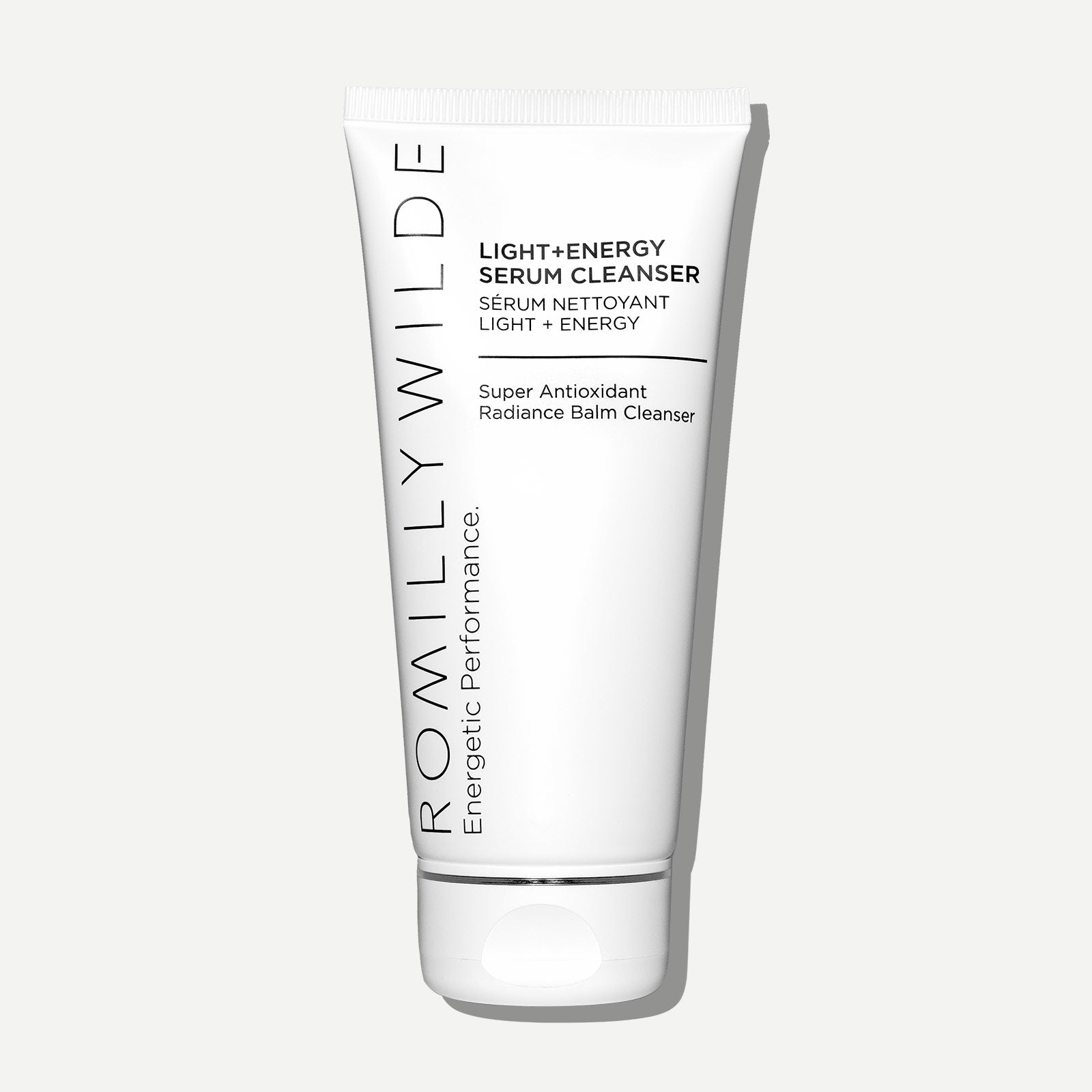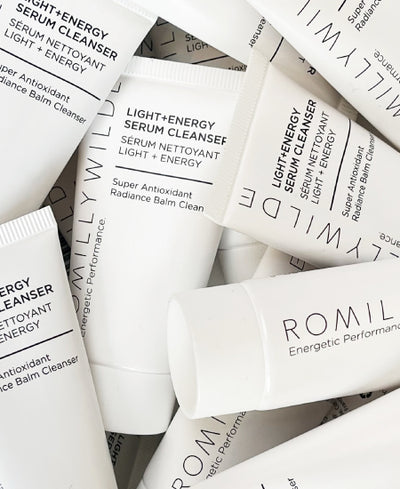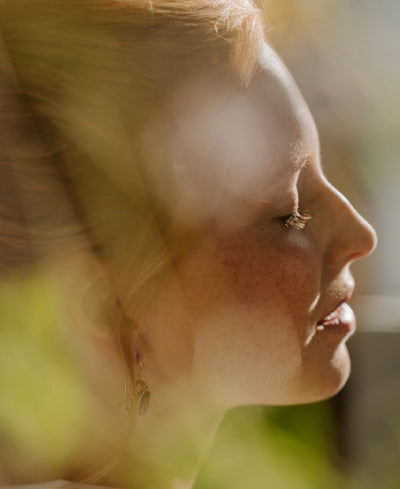Sold Out

Searching...

By Susie Willis
Good sleep quality is essential for healthy brain function, such as memory, problem solving skills, creativity, decision-making, and focus, as well as immunity, and even body weight. Yet according to The Direct Line Group, one in seven of us survive on under five hours sleep a night, with nearly 71% of UK adults not getting the recommended seven to nine hours’ sleep a night.
Your skin produces new collagen while you sleep, preventing sagging and leaving skin plumper and less likely to wrinkle. A study in the journal Clinical and Experimental Dermatology found that people who slept just five hours a night had twice as many wrinkles, compared to those who slept for seven.
Getting the right quantity of sleep is crucial for good cellular skin health, but it’s even more crucial to get a deep sleep. Biohacking your sleep can be an effective tool if you’re struggling to get high-quality overnight recovery.
Your circadian rhythm is a natural, internal process that regulates the sleep–wake cycle repeating roughly every 24 hours and, to put it simply, responds to sunrise and sunset. Understanding your circadian rhythm is the foundation to biohacking your sleep.
In today’s fast-paced world, we spend far more time working at our computers, ‘socialising’ on our phones or unwinding in front of the television, throwing off our circadian rhythm which relies hugely upon natural light. We need to biohack our bodies to adjust to the new normal to help us thrive – and finally get a good night’s REM.



